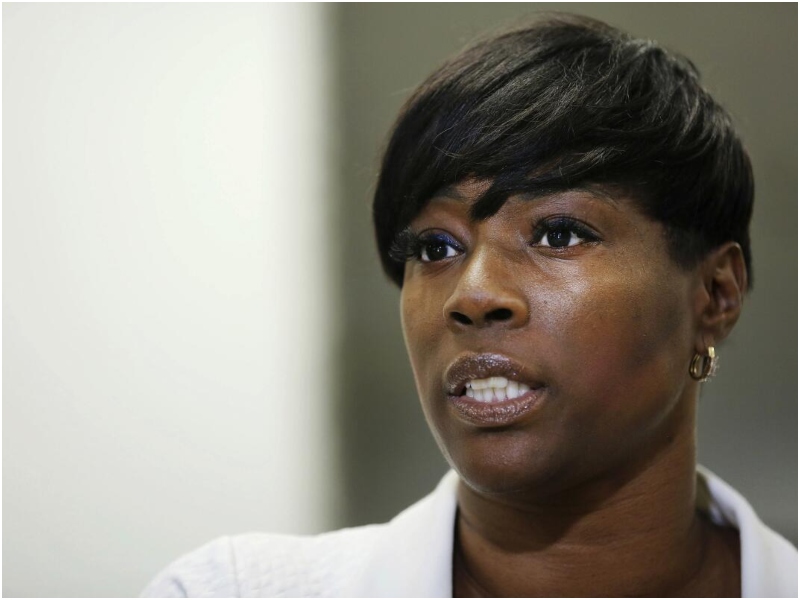The Texas Second Court of Appeals has made a significant ruling, overturning the conviction of Crystal Mason for illegal voting during the 2016 election.
Mason, who was previously sentenced to five years in prison, was acquitted of the felony voting charge by the Tarrant County-based court.
This decision marks a pivotal moment in a legal battle that has lasted over seven years and garnered international attention.
Crystal Mason’s case drew widespread attention due to its intersection with issues of voting rights and justice.
The appeals court’s decision highlighted a crucial factor: there was no evidence to suggest that the Black mother of three knew she was ineligible to vote when she cast her ballot.
Throughout the legal proceedings, Mason consistently maintained that she was unaware of her ineligibility and would not have risked her freedom knowingly.
In response to the court’s ruling, Crystal Mason expressed her relief and gratitude, stating that the lengthy legal battle took an emotional toll on her.
She reiterated her commitment to advocating for voting rights and ensuring that others do not face similar challenges in exercising their right to vote.
The decision to overturn Mason’s conviction is seen as a victory for voting rights and democracy. The ACLU of Texas hailed the ruling as a win for democracy. It said it is important for the state to allow individuals to engage in the civic process without fear of persecution.
Crystal Mason’s case borders on the broader issues surrounding voting rights and criminal justice.
The appeals court’s acknowledgment of the insufficiency of evidence to support Mason’s conviction reflects a shift in understanding the complexities of voting laws and the need for clarity in legal interpretations.
Moving forward, the ruling in Crystal Mason’s case is expected to have implications for similar cases and contribute to ongoing discussions about voting rights and justice in the United States.
It also serves as a reminder of the importance of upholding the integrity of the electoral process while safeguarding individuals’ rights to participate in democracy.

